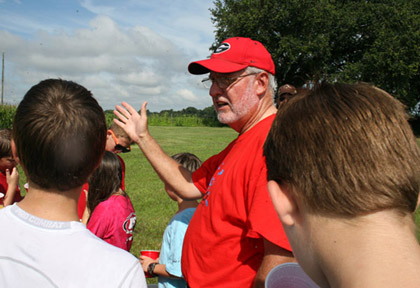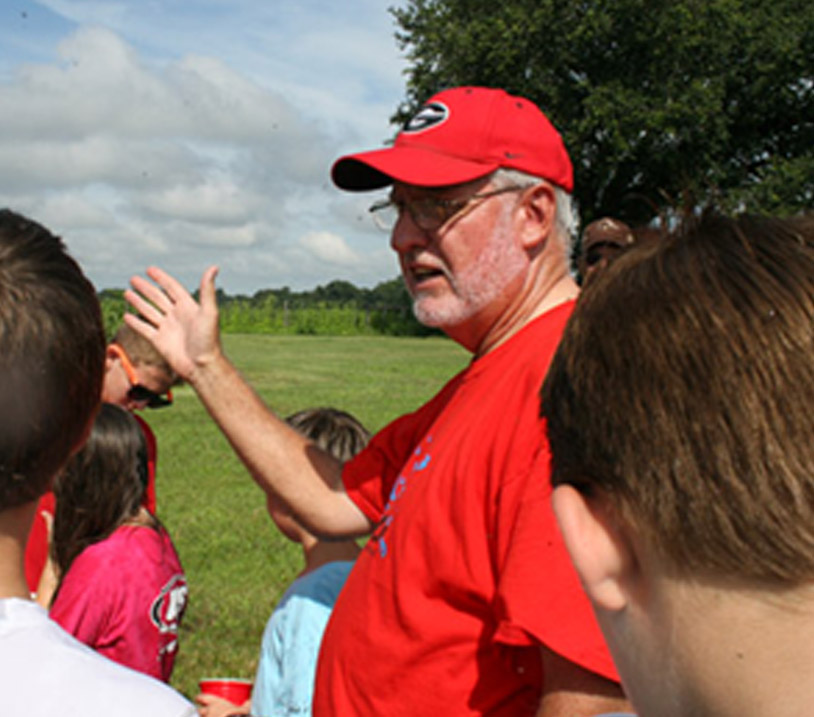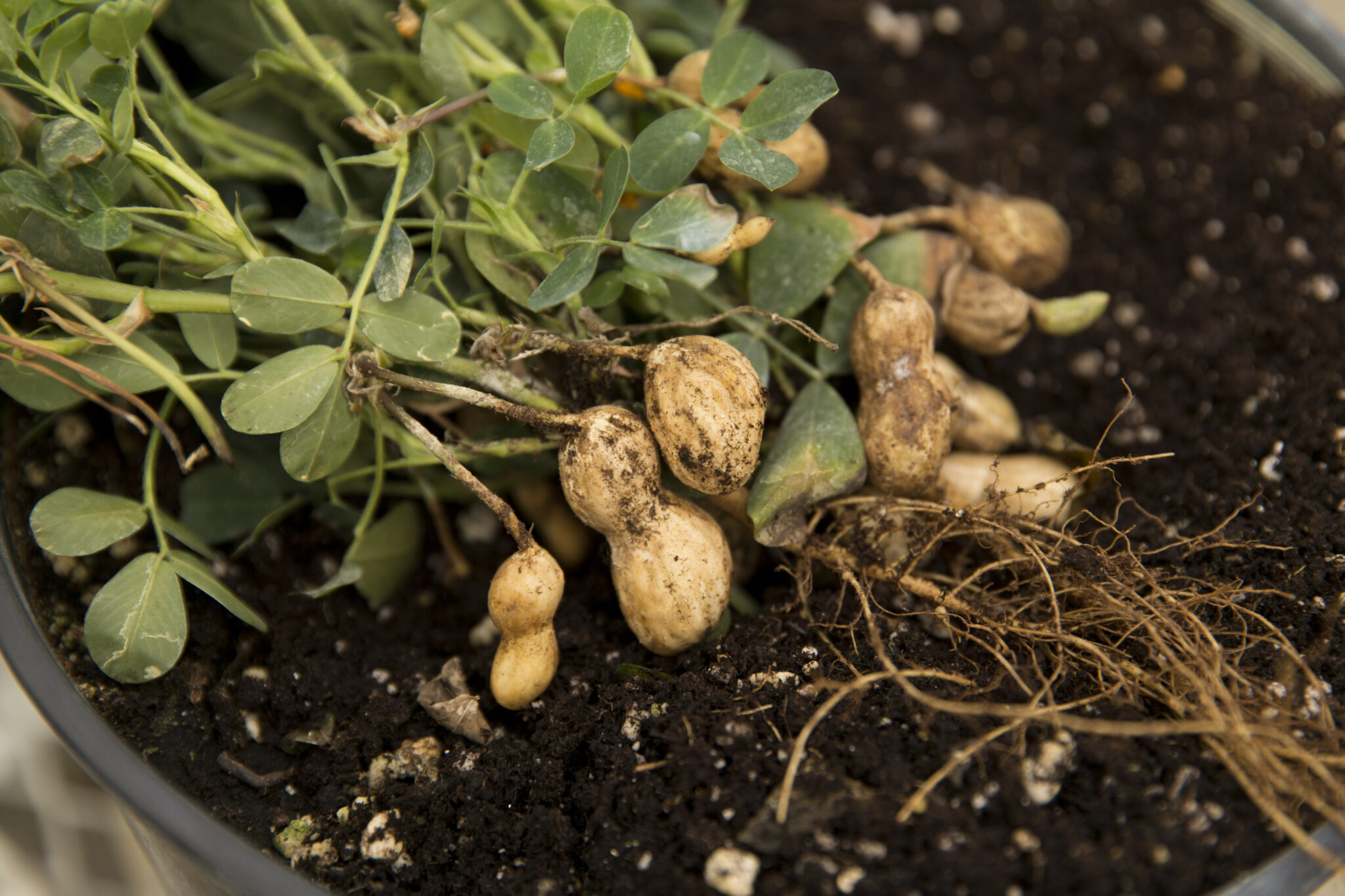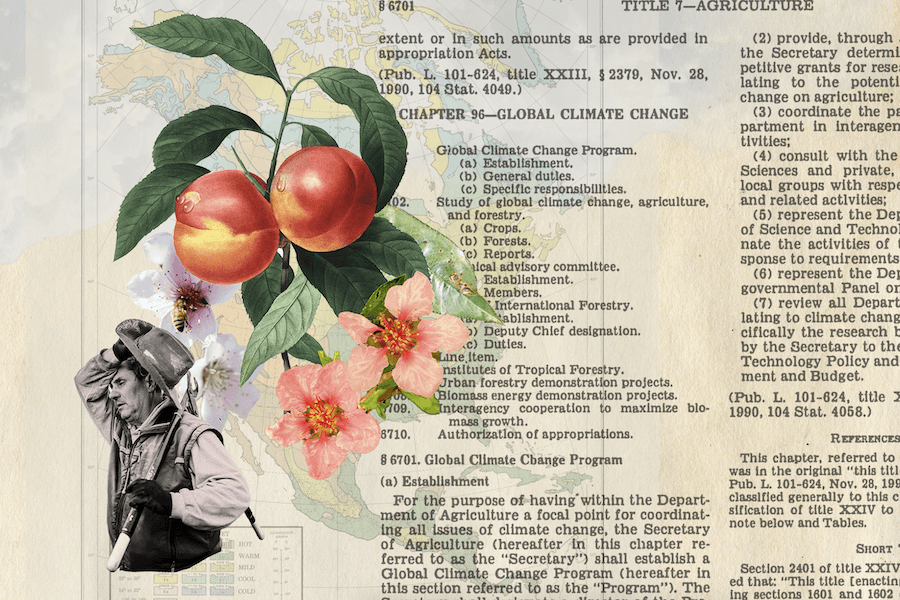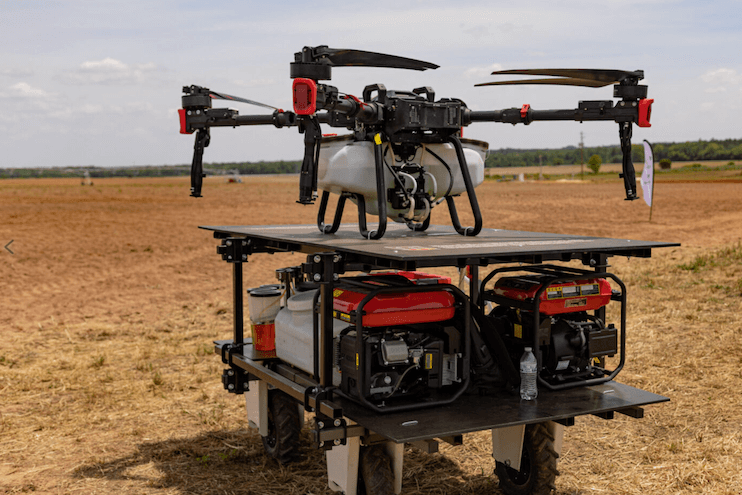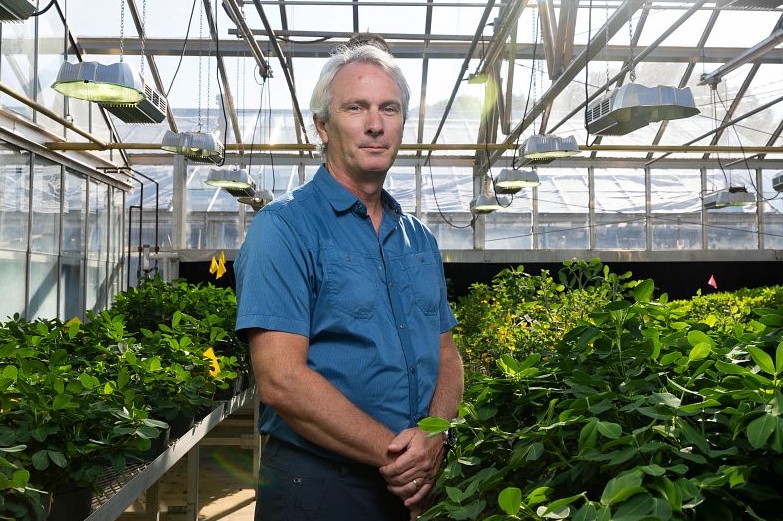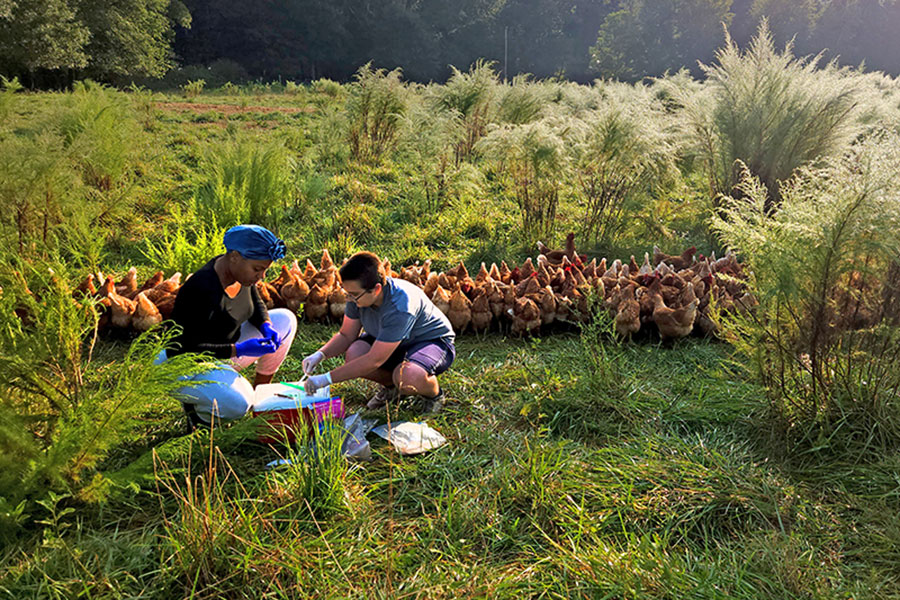The latest research on irrigation technology will be presented Aug. 1 at the University of Georgia’s Stripling Irrigation Research Park in Camilla, Ga.
Researchers from the UGA College of Agricultural and Environmental Sciences, who are pioneering new technologies for more efficient, large-scale irrigation, conduct an irrigation field day each year. This year, in addition to new irrigation technologies, they will discuss how to use advanced cultivation methods to cope with problems caused by this year’s heavy rains.
“I believe that anybody that attends will learn a good bit,” said Calvin Perry, superintendent of Stripling Irrigation Research Park. “(Visitors will) come away with an understanding of how important irrigation scheduling can be for enhancing yield and quality, while at the same time, being conservation minded.”
Perry said field day participants will also learn how newer varieties are performing under full irrigation versus less or no irrigation and how some fungicides interact with irrigated crops.
The park’s researchers will also showcase ongoing UGA research projects on row crops like cotton, corn, peanuts and sweet corn. Advanced irrigation topics will include: “Can sub-surface drip be used with cotton, corn or peanuts?” “What new ways can farmers grow sweet corn on drip irrigation?” and “What new varieties are being researched that can be efficient users of water?”
“I think a grower or consultant or anyone else interested in these topics will come away with new knowledge and if not all their questions are answered, at least it will steer them in the right direction and perhaps show them which scientists they need to talk to one-on-one,” Perry said.
Like most farms in the southeast, Stripling Irrigation Research Park has received its share of rain this summer. This provides challenges for researchers who are studying irrigation’s impact on certain crops.
“It is posing some interesting issues this year,” Perry said. “Before the rains came in late June (and) early July, we had really established a pattern in our tests where we were irrigating different amounts for different times. Looking at the crops today, I think those treatment effects are still evident, maybe not as pronounced before the rains came. It’s interesting that even today, we’re irrigating certain plots because those plots are calling for irrigation already.”
Perry added that the sandy soils in the Georgia’s Coastal Plain region don’t hold much water and need water on a regular basis.
Registration for the field day, which is free, will start at 8:30 a.m. with the first tour scheduled for 9 a.m. CAES administrators and Jud Turner, director of the Environmental Protection Division of the Georgia Department of Natural Resources, will conduct a program at 10 a.m. A second tour will be led at 11 a.m., followed by lunch at 12:15 p.m.
To pre-register for the field day, contact Candy Gray at 229-522-3623 or by email at sirp@uga.edu.

